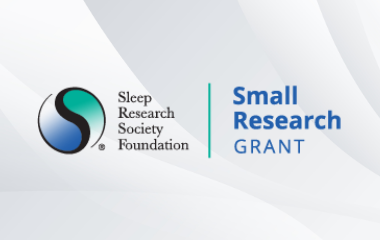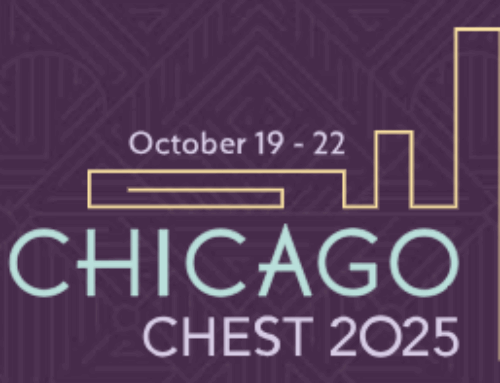The AASM Foundation is pleased to announce and congratulate the 2024 SRS Foundation Small Research Grant Recipients! The AASM Foundation partnered with the SRS Foundation to fund two of these grants.
 Jason L. Yu, MD
Jason L. Yu, MD
Emory University
The association between inspiratory duty cycle and upper airway collapse during drug-induced sleep endoscopy in obstructive sleep apnea
Studying OSA remains challenging due to the need for nighttime evaluations and potentially disruptive equipment, limiting research progress. This project refines drug-induced sedated endoscopy (DISE) to understand OSA pathophysiology better. The enhanced DISE protocol visualizes airway collapse and determines critical pressures for airway closure and opening by integrating airflow measurements and CPAP titration. It also examines inspiratory duty cycle compensation, a potential phenotypic trait linked to individual disease severity. This innovative approach provides a standardized framework for studying OSA, offering valuable insights into airway mechanics and physiological responses to advance diagnostics and personalized treatments for this widespread and serious condition.
 Gautam Narayan, BS
Gautam Narayan, BS
University of California, Irvine
Investigating the role of multi-sensory cueing in strengthening spatial memory representations during sleep, using an immersive virtual environment
Sleep plays a vital role in memory consolidation, particularly during non-rapid-eye-movement sleep when neural traces supporting newly learned information are reactivated. This project will explore the innovative use of targeted memory reactivation by combining auditory and olfactory cues to enhance memory consolidation. Using the engaging virtual environment of Minecraft, participants will encode memories enriched with sounds and odors, which will later be reactivated during sleep. By examining the interactive effects of multisensory cues, this research aims to determine whether combining auditory and olfactory stimuli can synergistically improve memory retention compared to using a single modality. The findings can potentially uncover novel approaches to optimizing memory through sleep in real-world contexts.






